Does decriminalising drugs really work?
Oregon experiment labelled a 'disaster' but advocates say time is needed to embed reforms after 50 years of the war on drugs
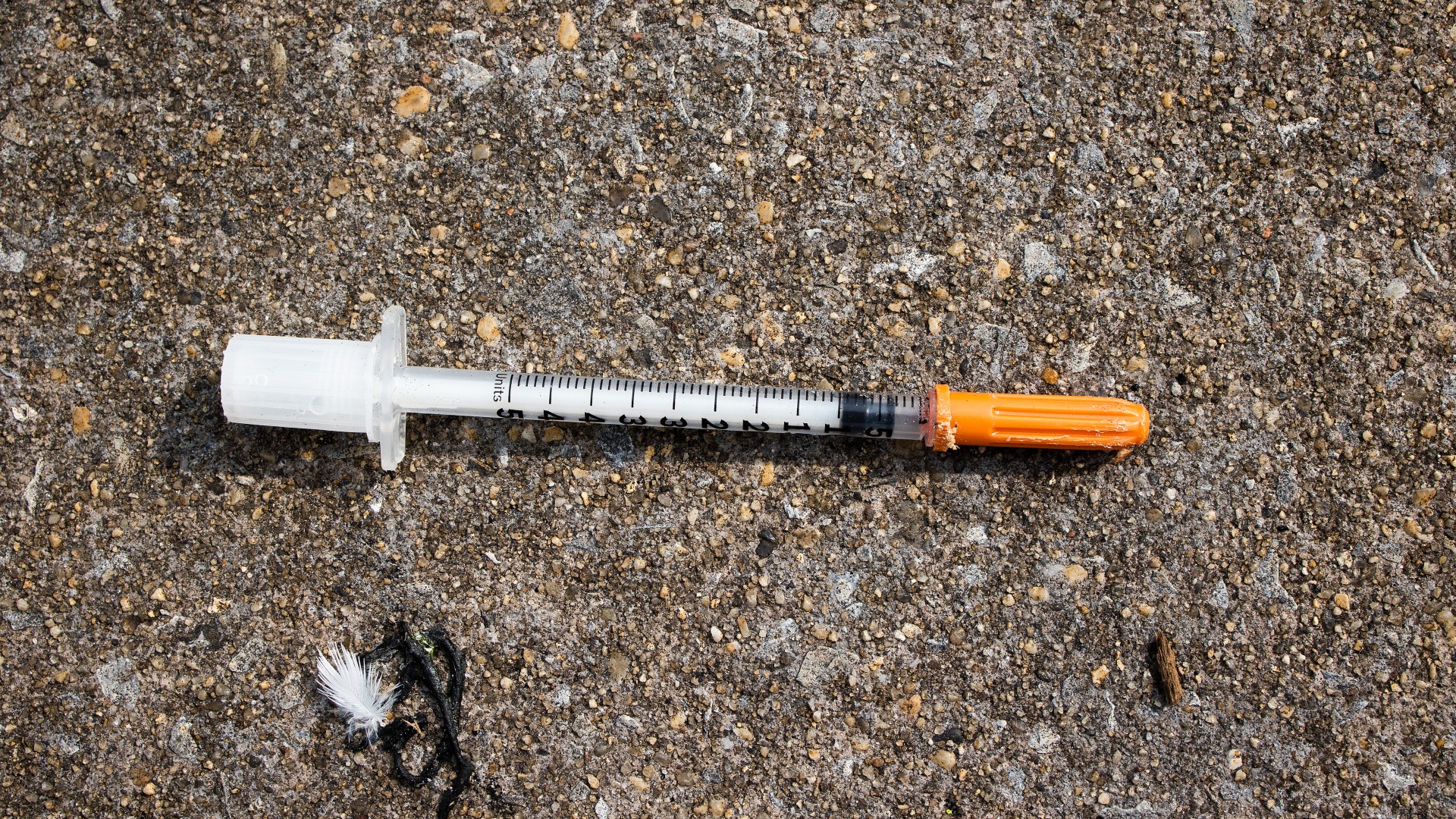
A free daily email with the biggest news stories of the day – and the best features from TheWeek.com
You are now subscribed
Your newsletter sign-up was successful
Oregon has announced plans to roll back parts of the state's pioneering legislation passed three years ago that decriminalised possession of all drugs.
The 2020 Drug Addiction Treatment and Recovery Act, better known as Measure 110, decriminalised possession of small amounts of hard drugs such as cocaine, heroin and methamphetamine, and established a drug-treatment programme funded by tax revenue from marijuana sales, which were already legal in the US state. The measures were backed by a clear majority of voters after being championed by liberal lawmakers and in the press, including the state's largest newspaper, The Oregonian.
Yet what started as a "progressive and libertarian policy obsession" has turned, said Bret Stephens in The New York Times, into a "public policy fiasco".
The Week
Escape your echo chamber. Get the facts behind the news, plus analysis from multiple perspectives.

Sign up for The Week's Free Newsletters
From our morning news briefing to a weekly Good News Newsletter, get the best of The Week delivered directly to your inbox.
From our morning news briefing to a weekly Good News Newsletter, get the best of The Week delivered directly to your inbox.
What the papers said
Official data shows that unintentional opioid overdose deaths in Oregon have risen from 280 in 2019 to 745 in 2021, while the number of drug-related shooting incidents has nearly tripled over the same period.
Anecdotal evidence has also become widespread as "the use and abuse of drugs on the streets and in public soared", reported BBC Radio 4's "The World this Weekend".
With public support plummeting, the Washington Examiner concluded that efforts to "create a nirvana of stoned people have been a disaster" that has led to "carnage and chaos".
Even the editorial board of The Oregonian, a long-standing advocate of Measure 110, has admitted that after nearly three years, and in a state routinely among the worst in the country for access to addiction treatment programmes, the "reality" is that Oregon was "not ready" for decriminalisation.
A free daily email with the biggest news stories of the day – and the best features from TheWeek.com
One of the "paradoxes" and "major failings" of Oregon's experiment, according to "The World this Weekend", is that "when you take away the criminal sanction against drugs or upon drug use, you also take away what was an automatic pathway to treatment".
Analysis by The Economist found that of the 4,000 drug use citations issued in Oregon during the first two years of Measure 110, only 40 people who called the hotline were interested in treatment, effectively costing taxpayers $7,000 a call.
"Parole and probation officials say they have fewer people under supervision and the people they do have are coming to them with more entrenched addictions and more serious offenses, a by-product of not getting arrested for previously illegal low-level drug possession," said Oregon news site OPB, adding that the threat of consequences "was instrumental in getting people into treatment".
What next?
Under a plan brokered by Oregon's Democrat governor, Tina Kotek, state lawmakers would be asked to consider a ban on public drug use and police would be given greater resources to deter the distribution of drugs.
However, supporters of drug decriminalisation say that after half a century of the so-called "war on drugs" any move towards liberalisation needs time to embed.
Speaking to the BBC, New Zealand's former prime minister Helen Clark, who now chairs the Global Commission on Drug Policy, pointed to Portugal's experience of decriminalisation which, unlike in Oregon, included "dissuasion commissions" that encouraged people into treatment.
For many, Portugal has become the poster child for how decriminalisation can work. In 2001, it became the first country in the world to decriminalise the consumption of all drugs for personal use, including the purchase and possession of 10-day supplies.
In just a few years, the country moved from one of the highest drug death rates in Europe to one of the lowest. There was a huge reduction in HIV infections among intravenous drug users, while drug-related crime fell, as did the proportion of prisoners sentenced for drugs, from 40% to 15%, and overdose rates dropped as public funds flowed from jails to rehabilitation.
"None of the parade of horrors that opponents of decriminalisation in Portugal predicted, and that decriminalisation opponents around the world typically invoke, came to pass," said Big Issue.
Lawmakers in Scotland, which has been dubbed the drug death capital of Europe, have cited Portugal as a potential model for its own proposals for a "caring, compassionate and human rights informed drug policy".
But even in Portugal, time has revealed some nasty side effects of decriminalisation, Rui Moreira, the independent mayor of Porto, told the BBC's James Cook.
First, he argued, it normalised dangerous drug use among young people, entrenching criminal behaviour by those desperate to feed their addiction and supporting profits for drug dealers. And as hard drugs began to lose their stigma, users could even be seen shooting up outside schools.
"Once hailed for decriminalizing drugs, Portugal is now having doubts" was the headline of a Washington Post report in the summer that revealed the number of adults using drugs have shot up while overdose rates in Lisbon have doubled in the last four years. Drugs have been blamed for a rise in crime and a decline in the quality of urban life. The number of people obtaining treatment fell by nearly 70% between 2015 and 2021 and the dissuasion commissions that were supposed to encourage people to seek help no longer play much of a role.
Whatever the problems in Portland or Portugal, many still do not want to "return to the cost, violence and apparent fruitlessness of the old war on drugs", concluded Stephens in The New York Times, "but that depends on whether the price of endless war exceeds or falls short of the price of permanent surrender.
"To judge by the catastrophe unfolding in Oregon, I'd think twice before replicating this reckless experiment elsewhere."
-
 The EU’s war on fast fashion
The EU’s war on fast fashionIn the Spotlight Bloc launches investigation into Shein over sale of weapons and ‘childlike’ sex dolls, alongside efforts to tax e-commerce giants and combat textile waste
-
 How to Get to Heaven from Belfast: a ‘highly entertaining ride’
How to Get to Heaven from Belfast: a ‘highly entertaining ride’The Week Recommends Mystery-comedy from the creator of Derry Girls should be ‘your new binge-watch’
-
 The 8 best TV shows of the 1960s
The 8 best TV shows of the 1960sThe standout shows of this decade take viewers from outer space to the Wild West
-
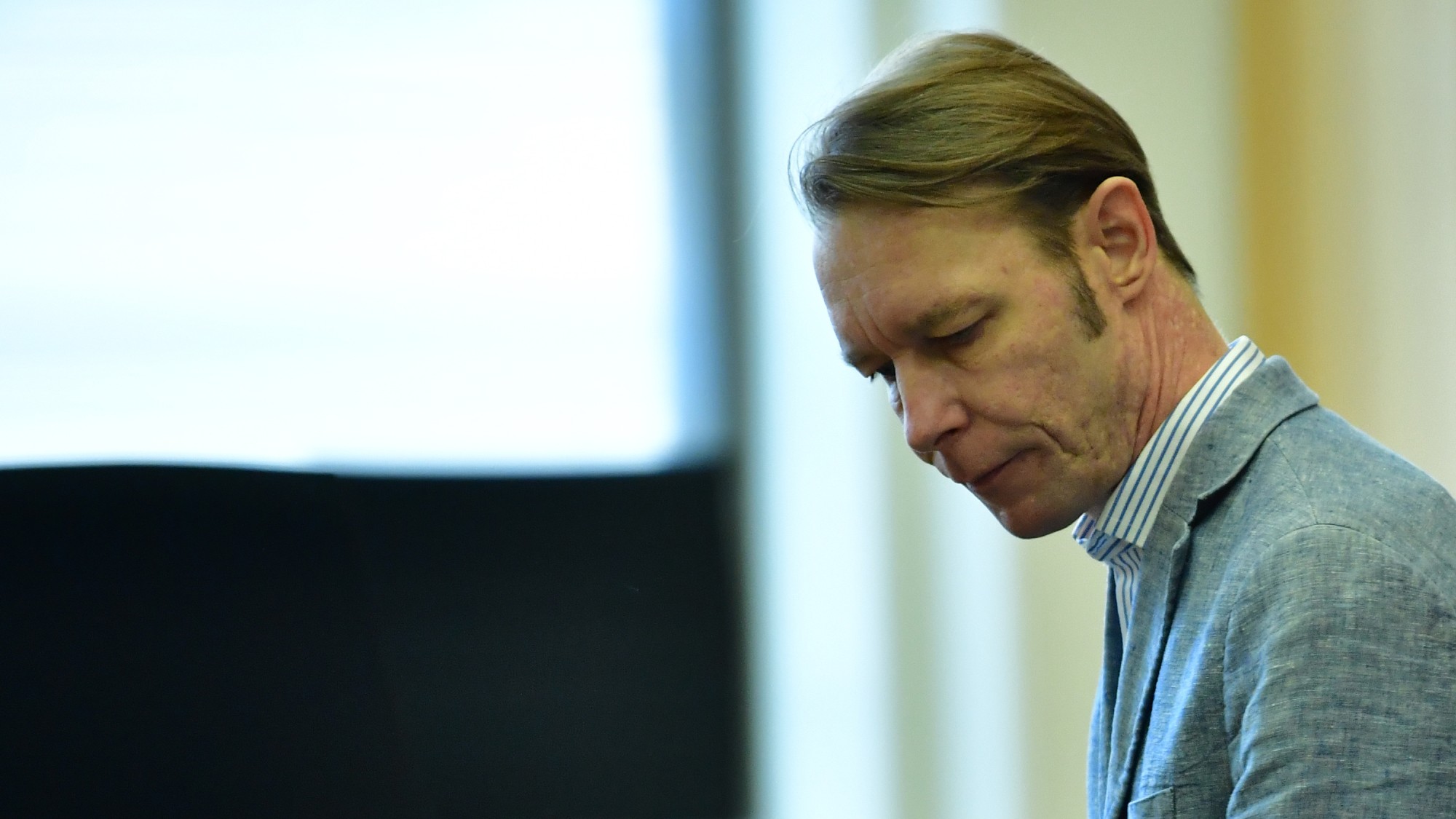 Christian Brückner: why prime suspect in Madeleine McCann case can refuse Met interview
Christian Brückner: why prime suspect in Madeleine McCann case can refuse Met interviewThe Explainer International letter of request rejected by 49-year-old convicted rapist as he prepares to walk free
-
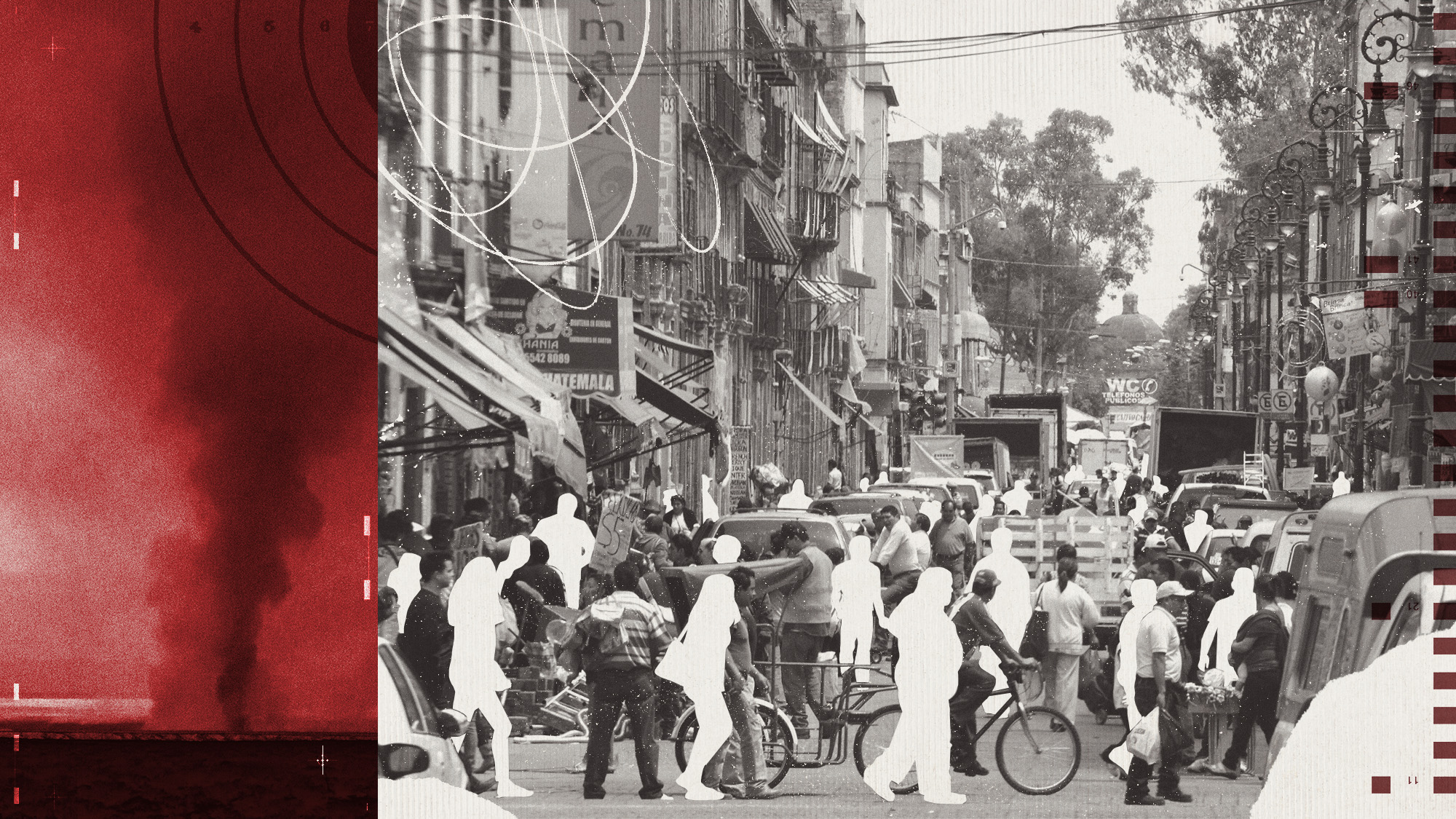 Mexico’s forced disappearances
Mexico’s forced disappearancesUnder the Radar 130,000 people missing as 20-year war on drugs leaves ‘the country’s landscape ever more blood-soaked’
-
 Illicit mercury is poisoning the Amazon
Illicit mercury is poisoning the AmazonUnder the Radar 'Essential' to illegal gold mining, toxic mercury is being trafficked across Latin America, 'fuelling violence' and 'environmental devastation'
-
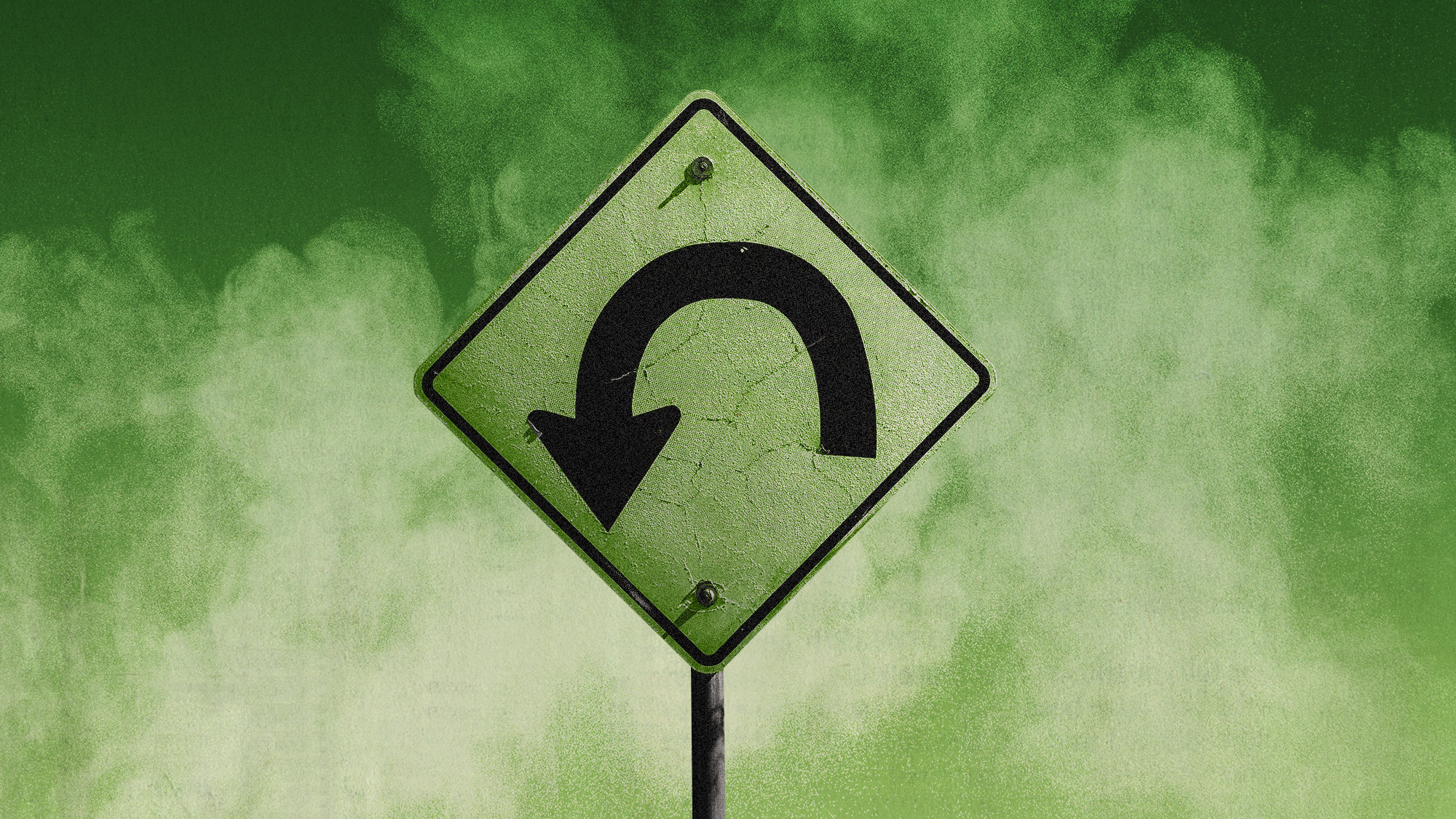 Thailand is rolling back on its legal cannabis empire
Thailand is rolling back on its legal cannabis empireUnder the Radar Government restricts cannabis use to medical purposes only and threatens to re-criminalise altogether, sparking fears for the $1 billion industry
-
 Narco subs are helping to fuel a global cocaine surge
Narco subs are helping to fuel a global cocaine surgeThe Explainer Drug smugglers are increasingly relying on underwater travel to hide from law enforcement
-
 Mexico extradites 29 cartel figures amid US tariff threat
Mexico extradites 29 cartel figures amid US tariff threatSpeed Read The extradited suspects include Rafael Caro Quintero, long sought after killing a US narcotics agent
-
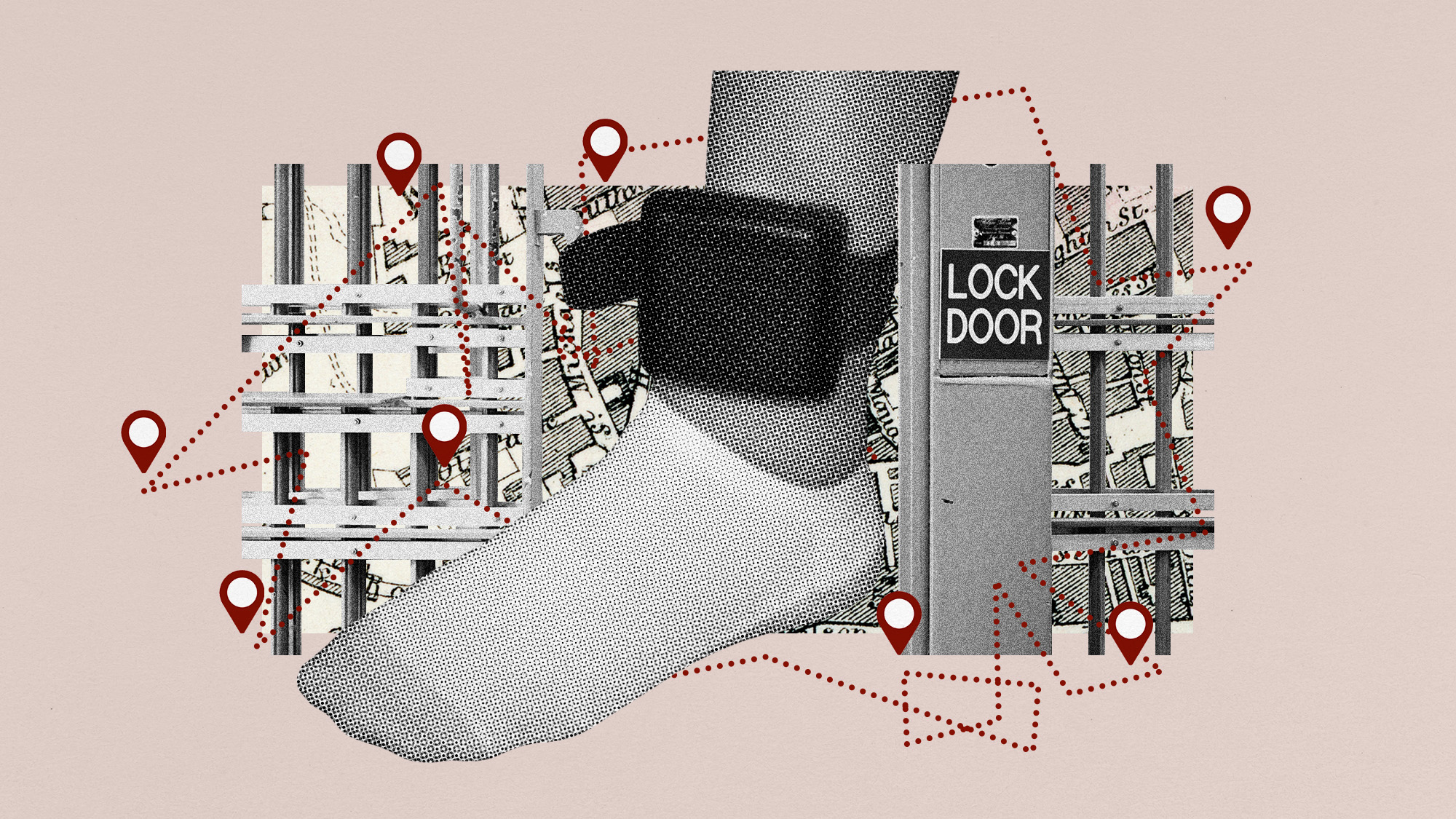 'Virtual prisons': how tech could let offenders serve time at home
'Virtual prisons': how tech could let offenders serve time at homeUnder The Radar New technology offers opportunities to address the jails crisis but does it 'miss the point'?
-
 Inside Marseille's deadly drug wars
Inside Marseille's deadly drug warsThe Explainer Teenage hitmen recruited through social media are lured by money and gang 'brand'